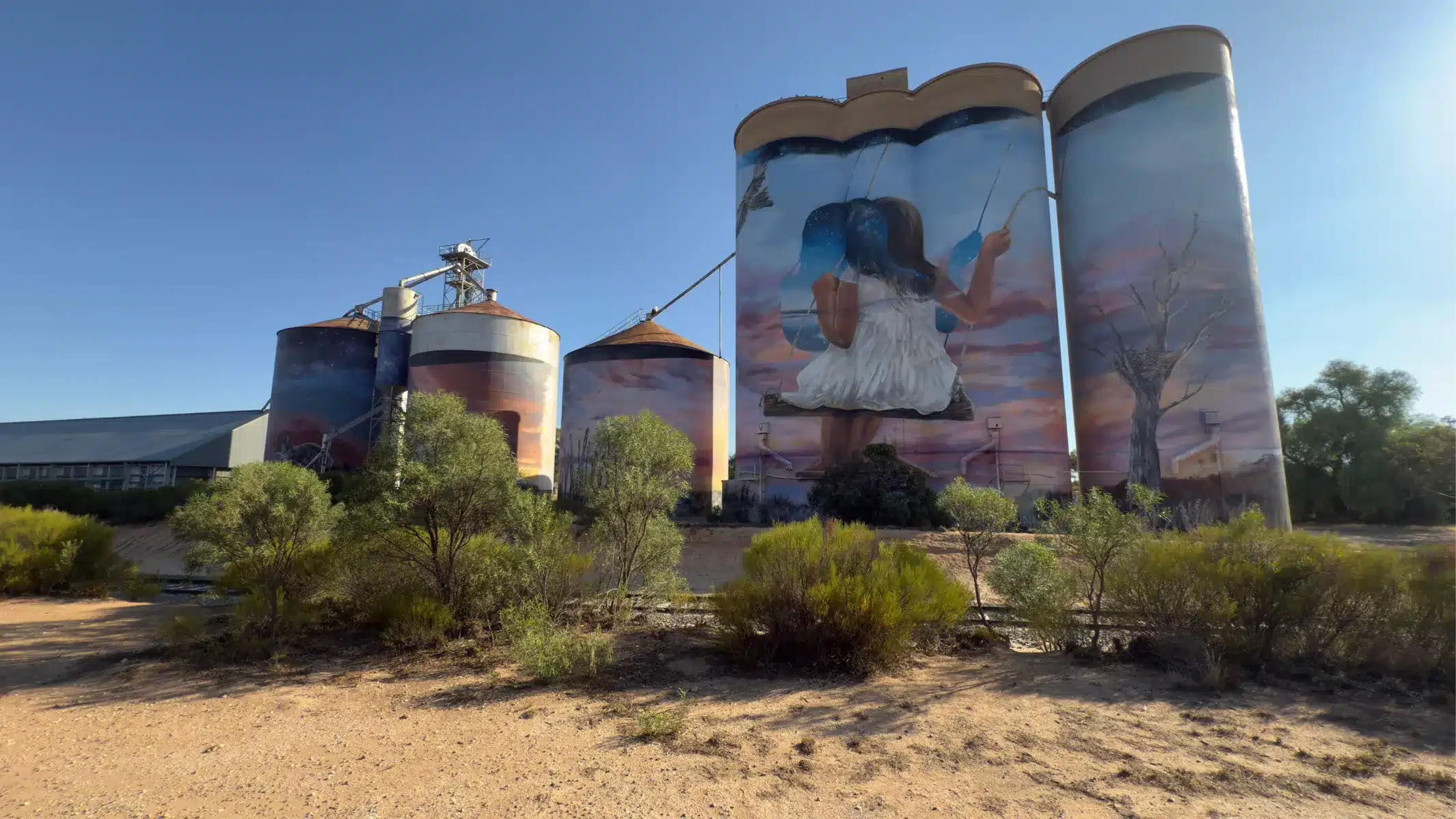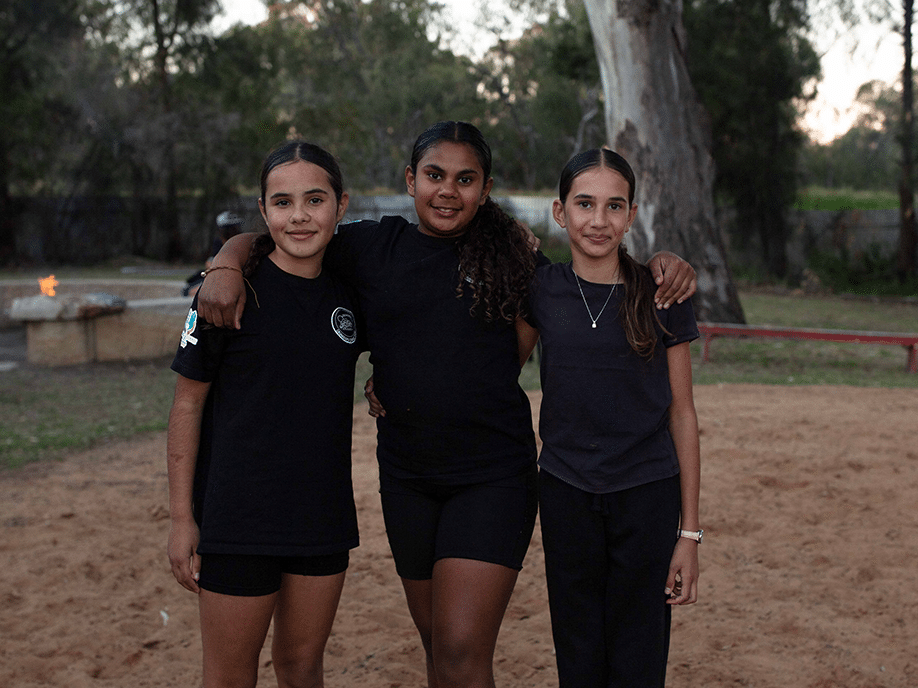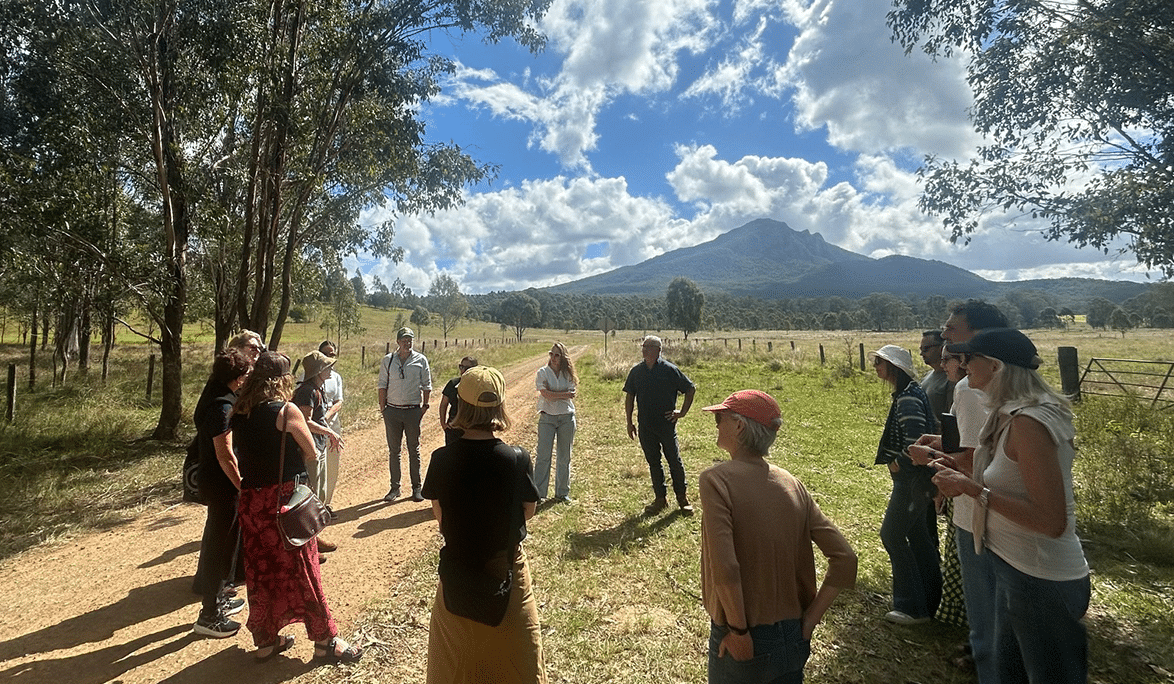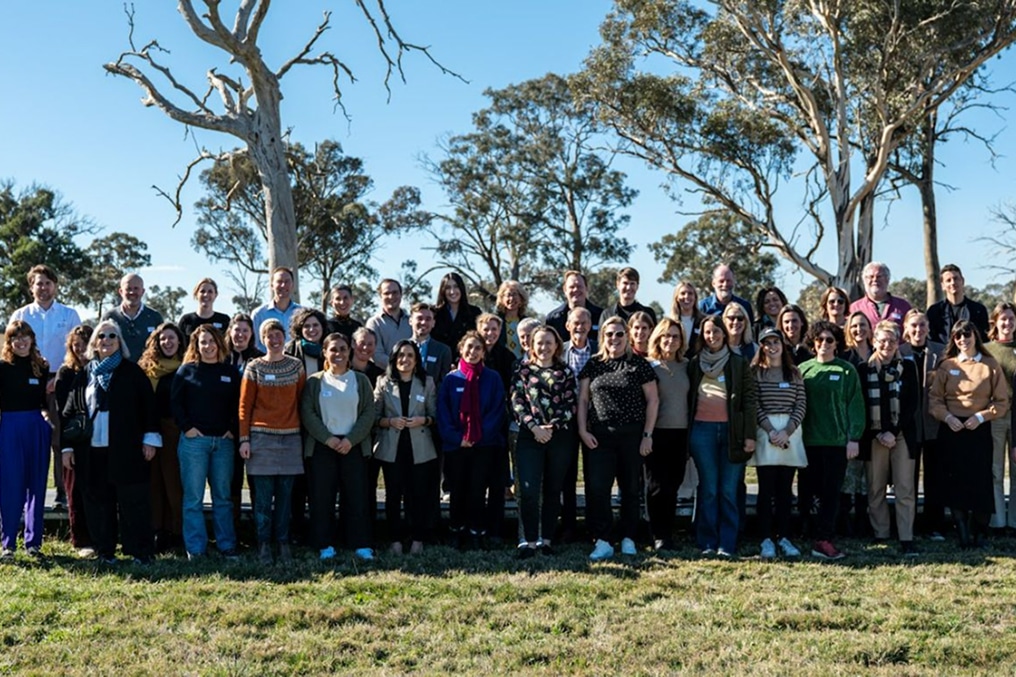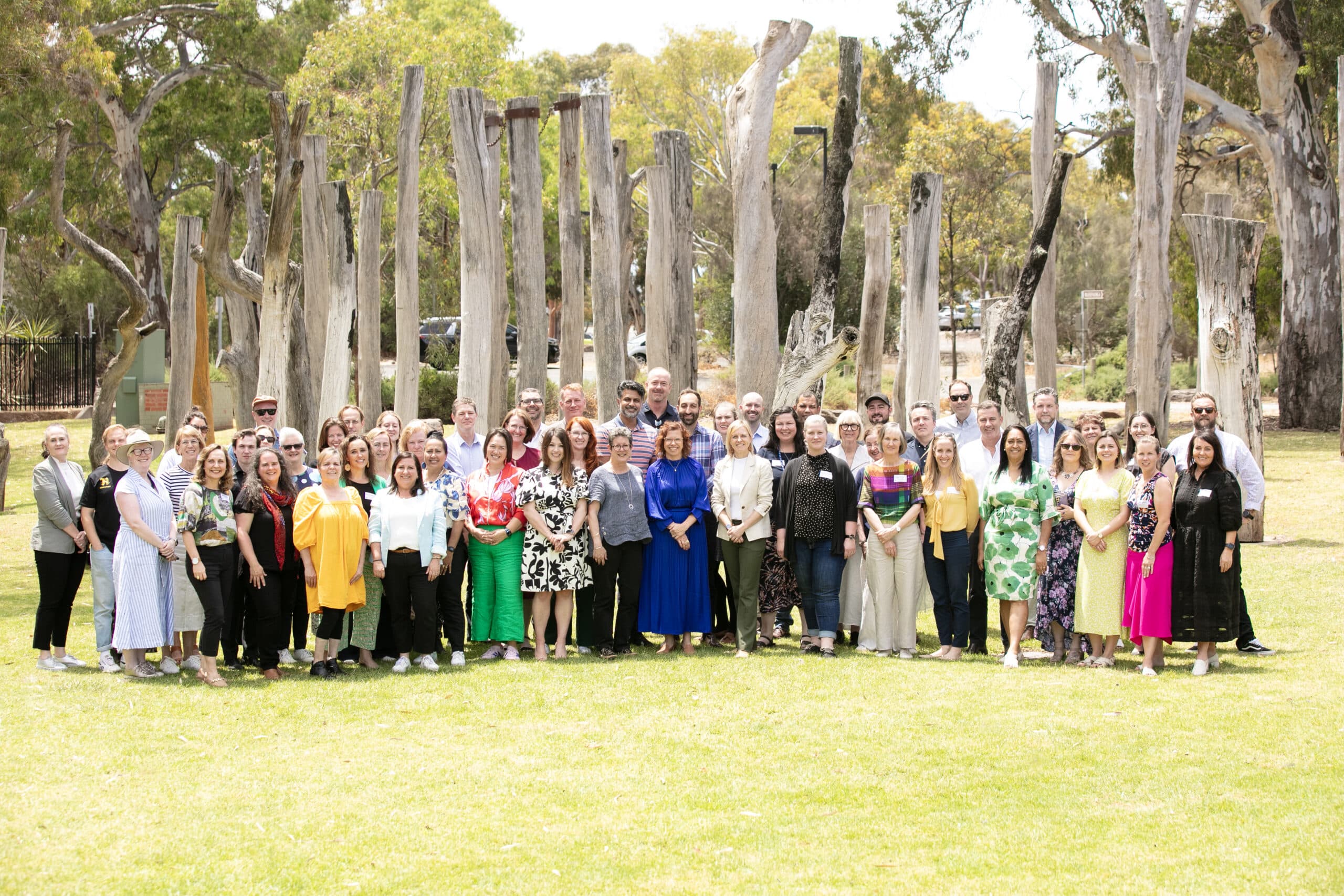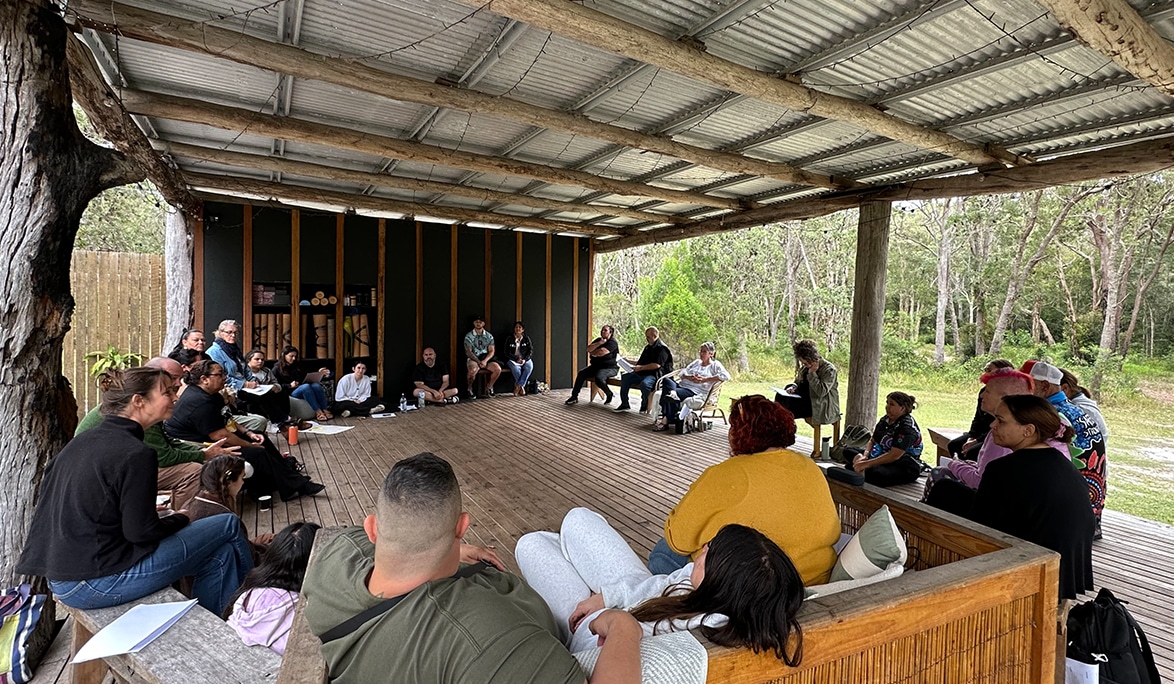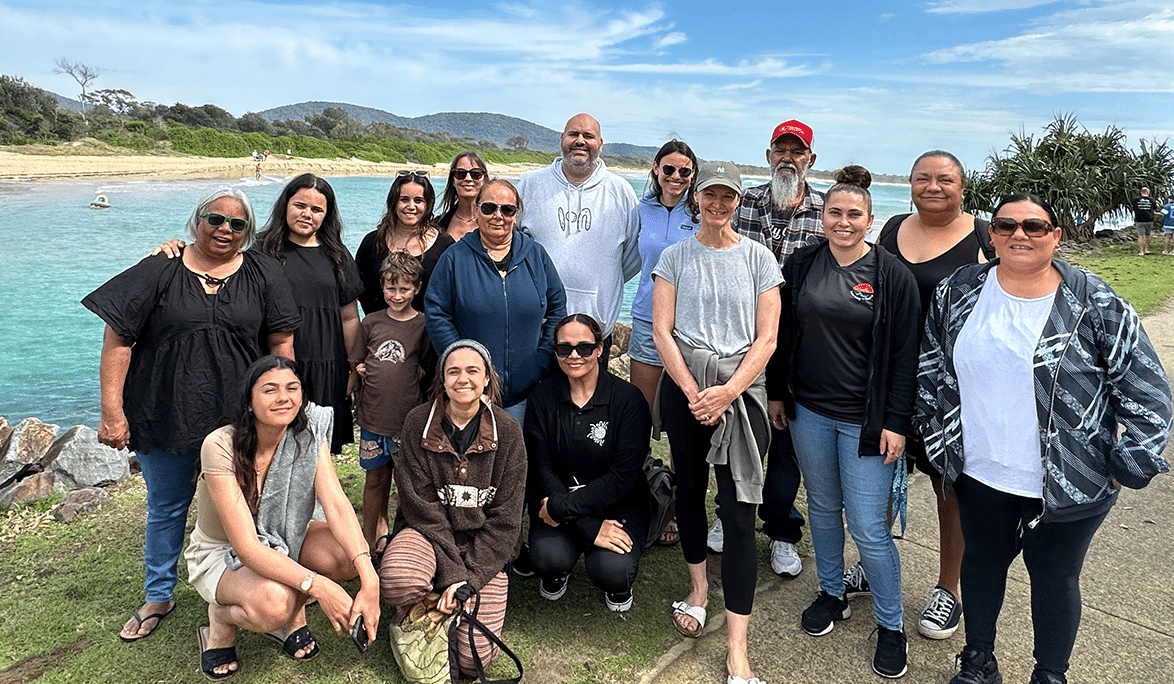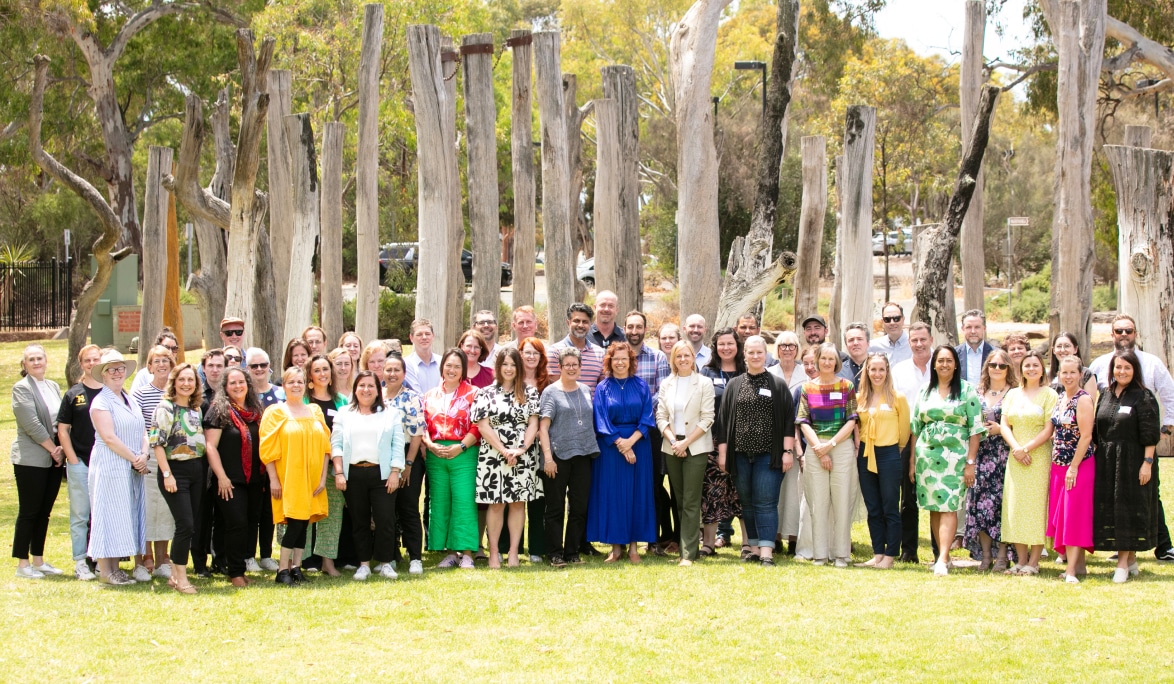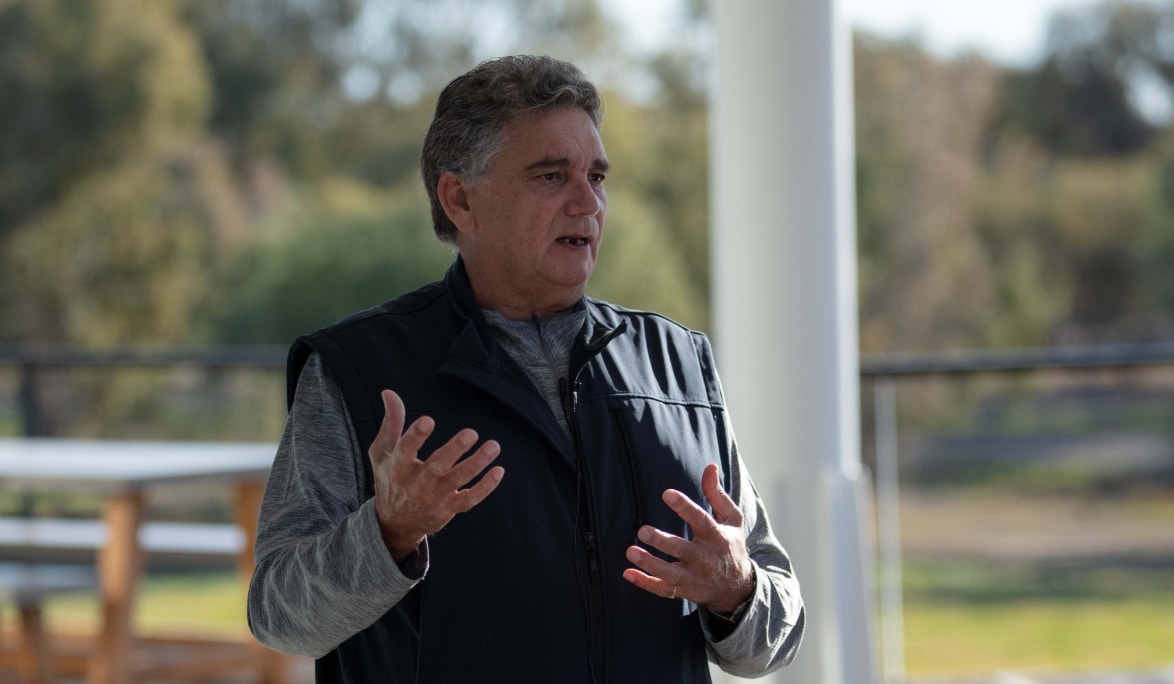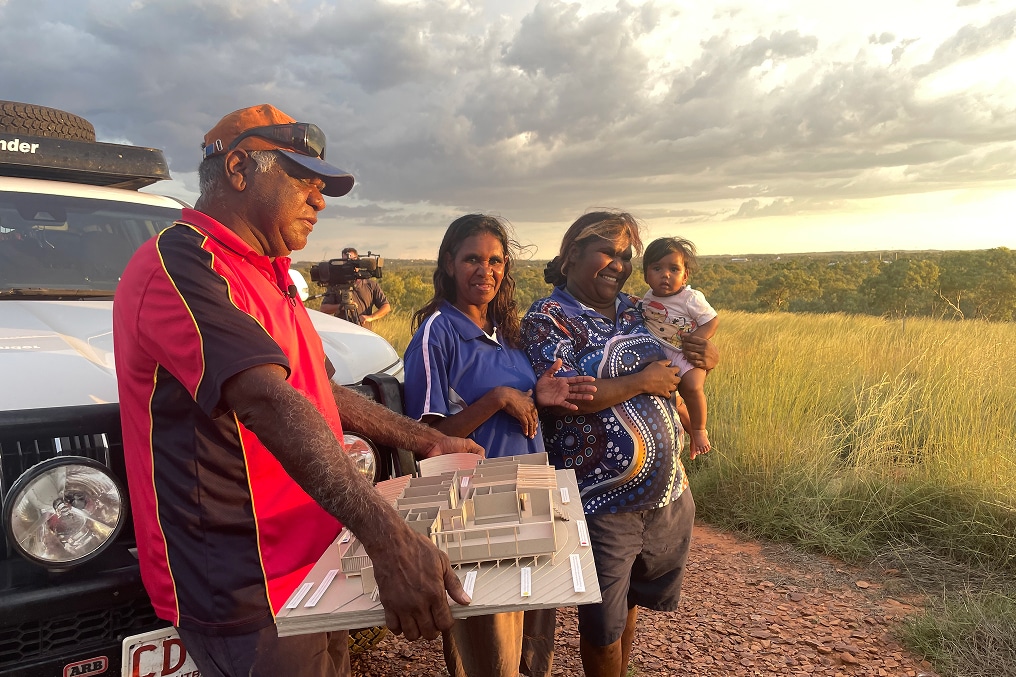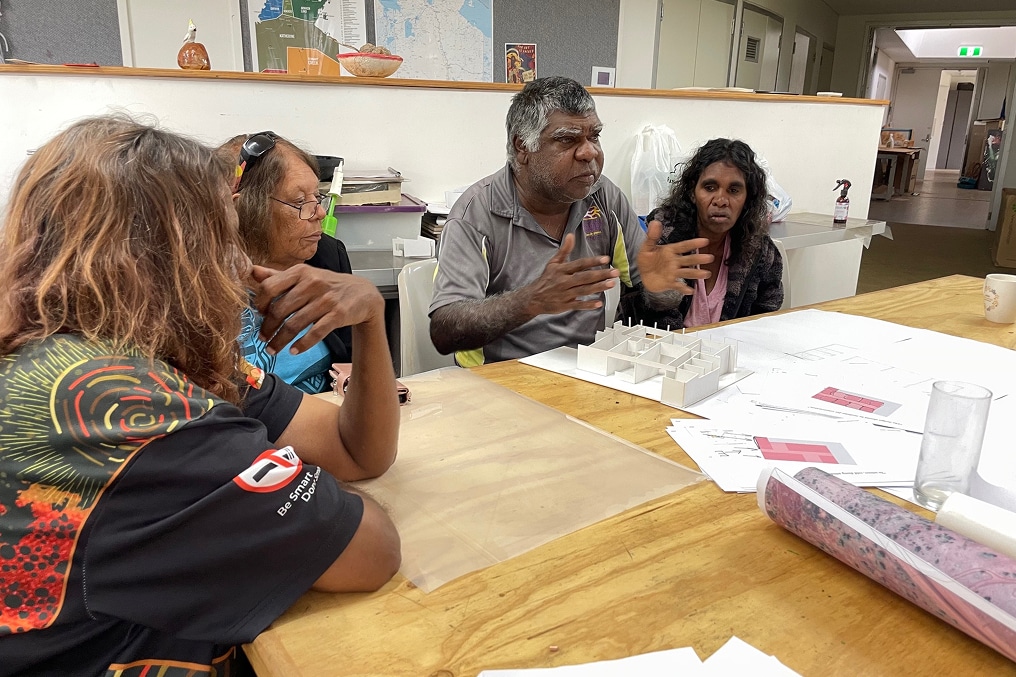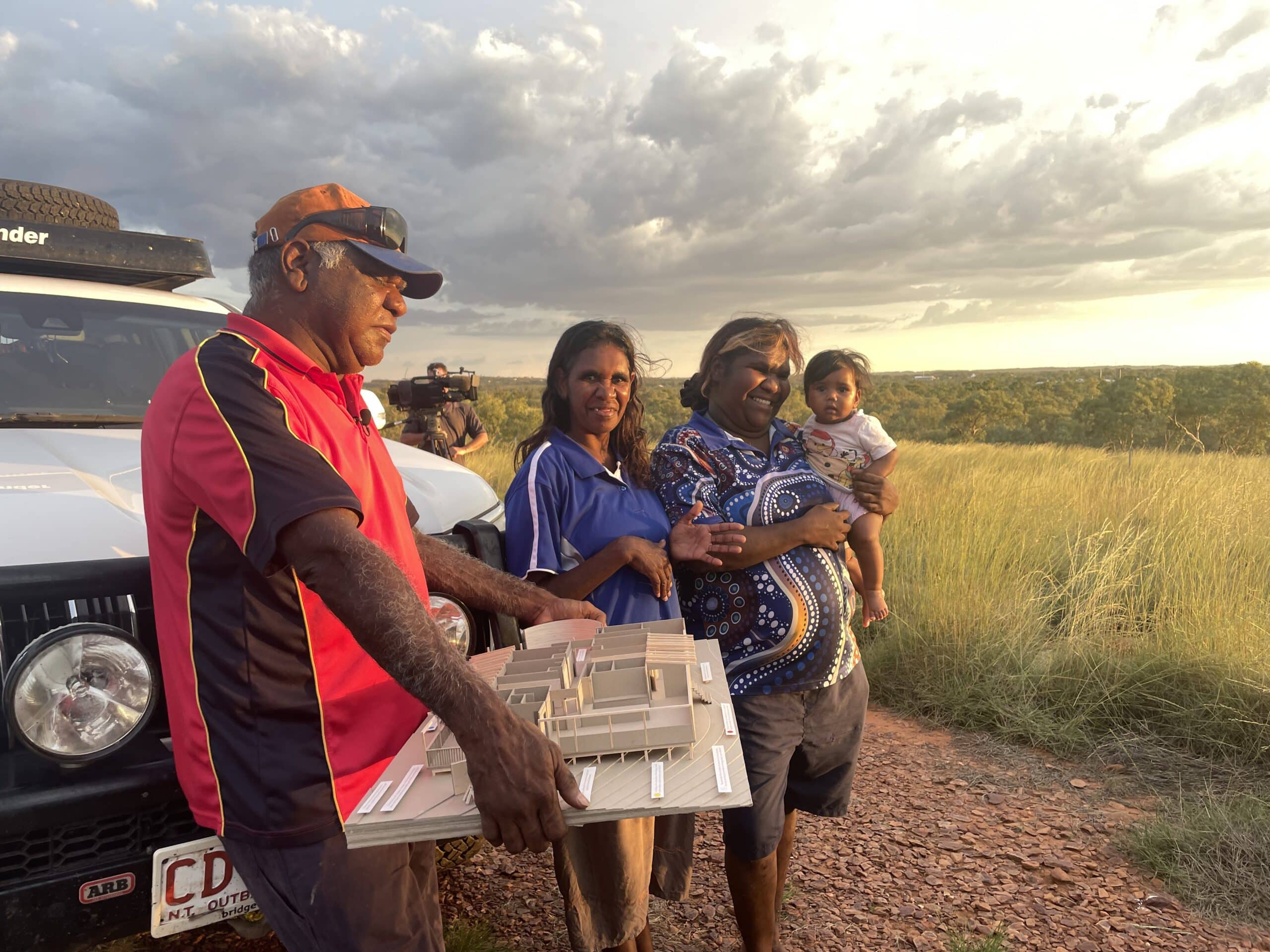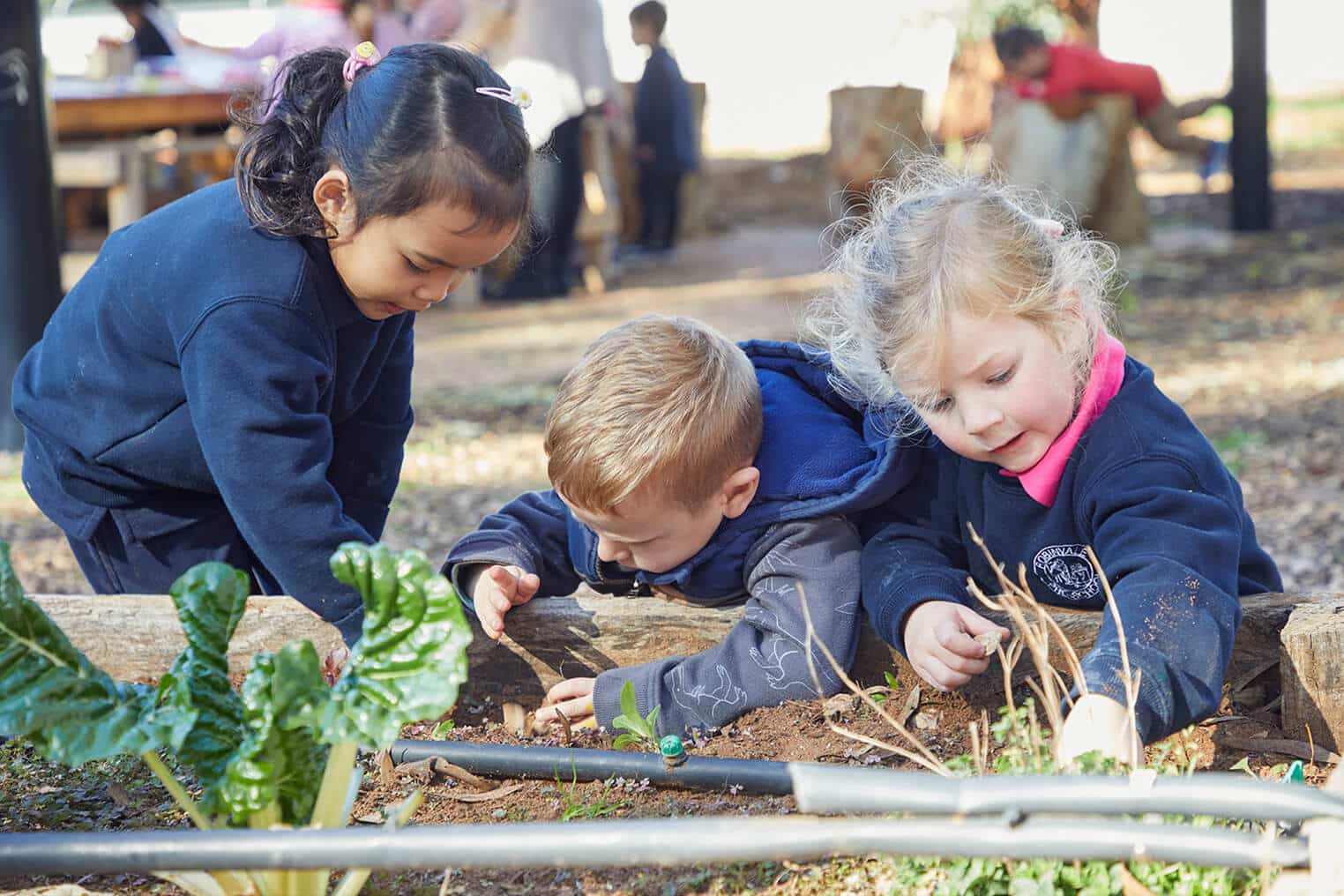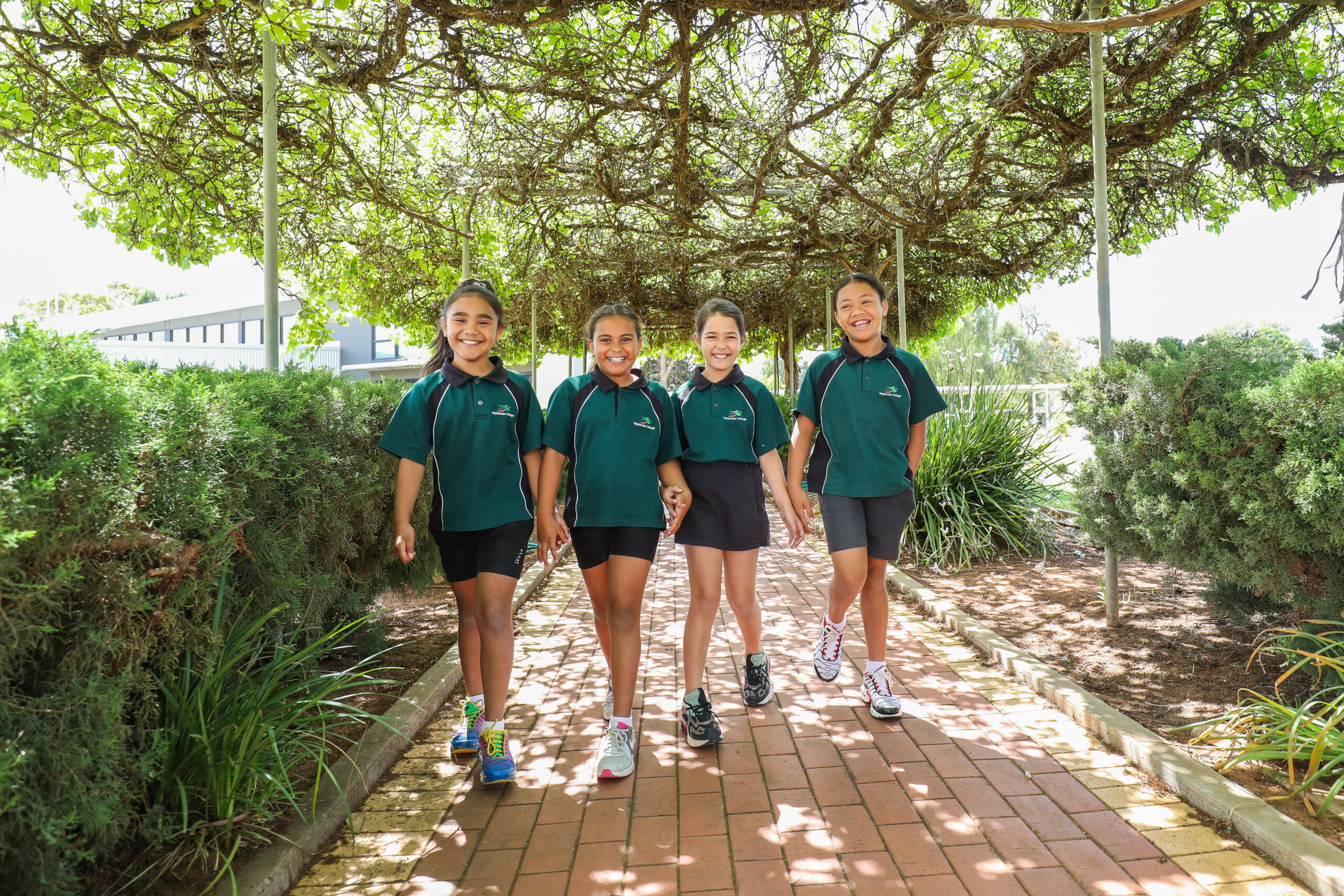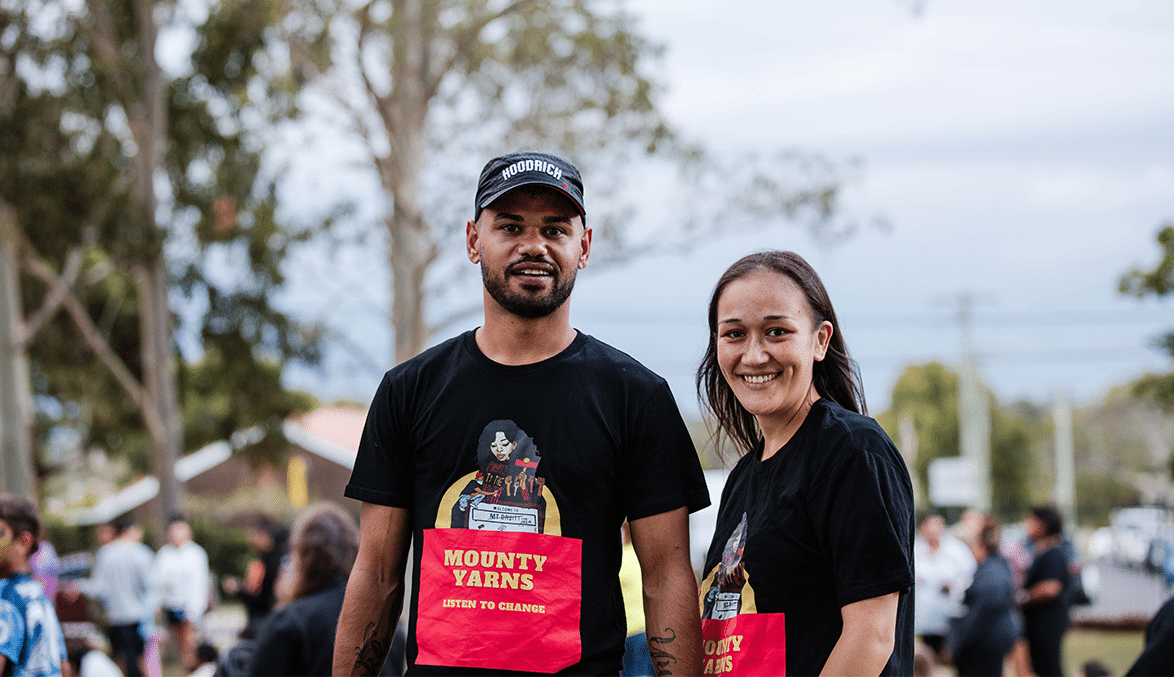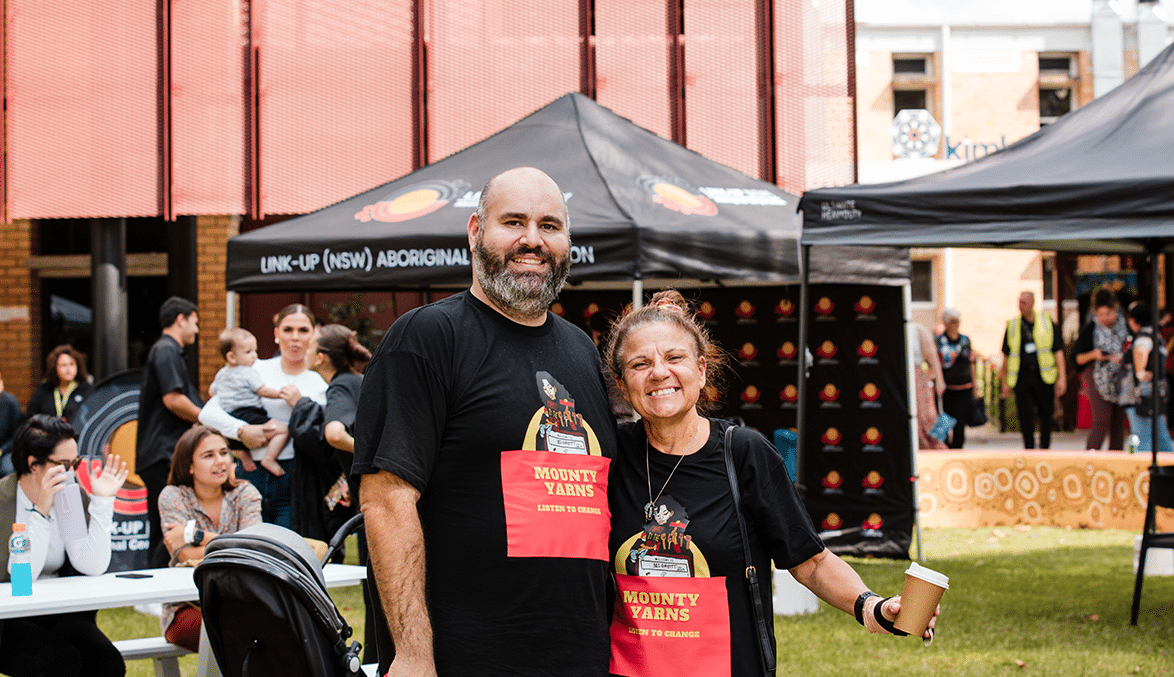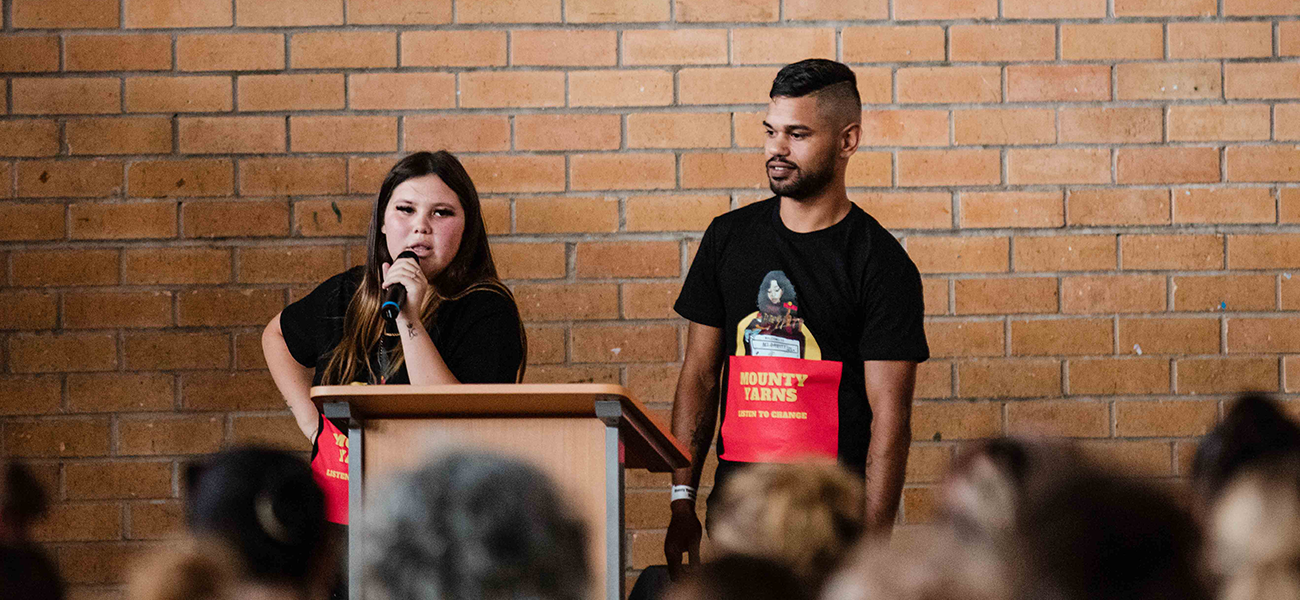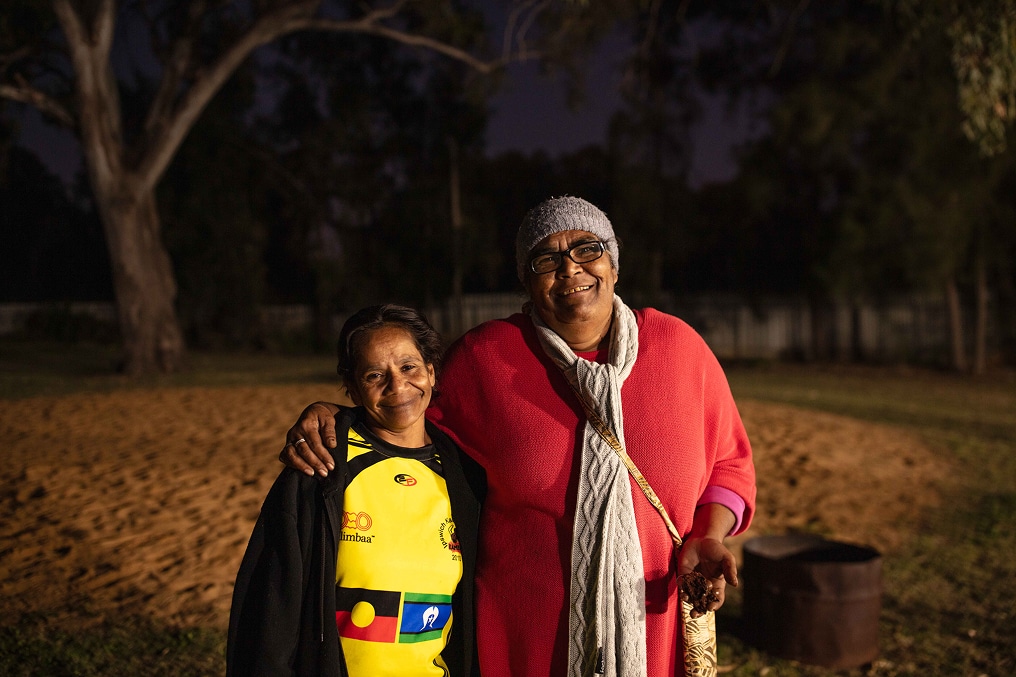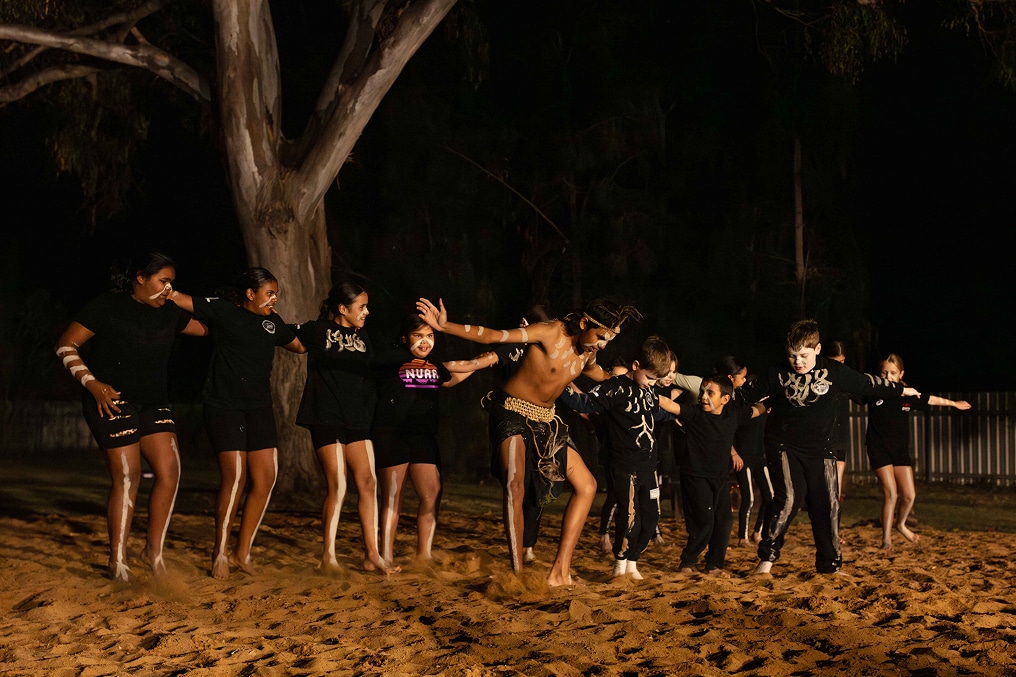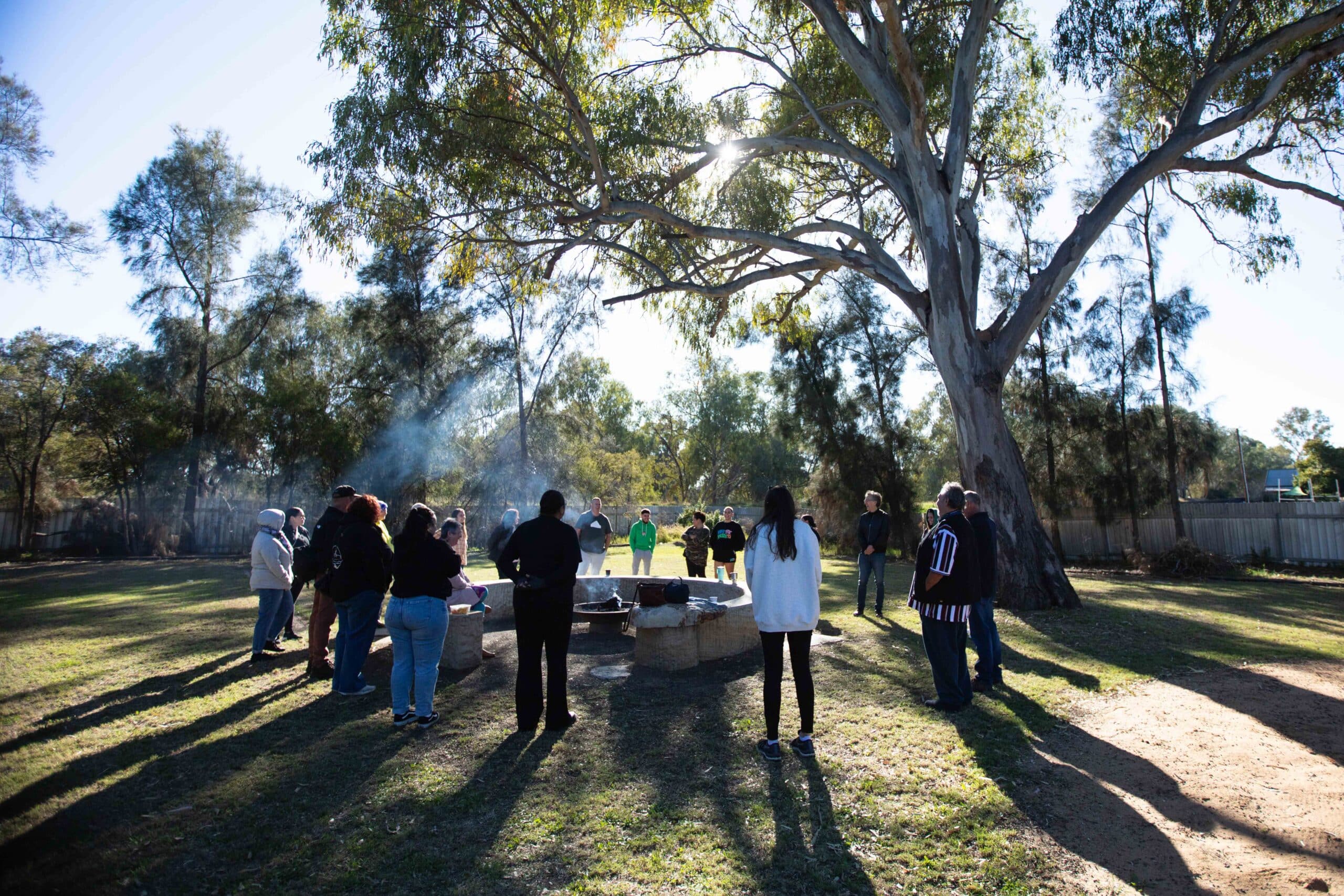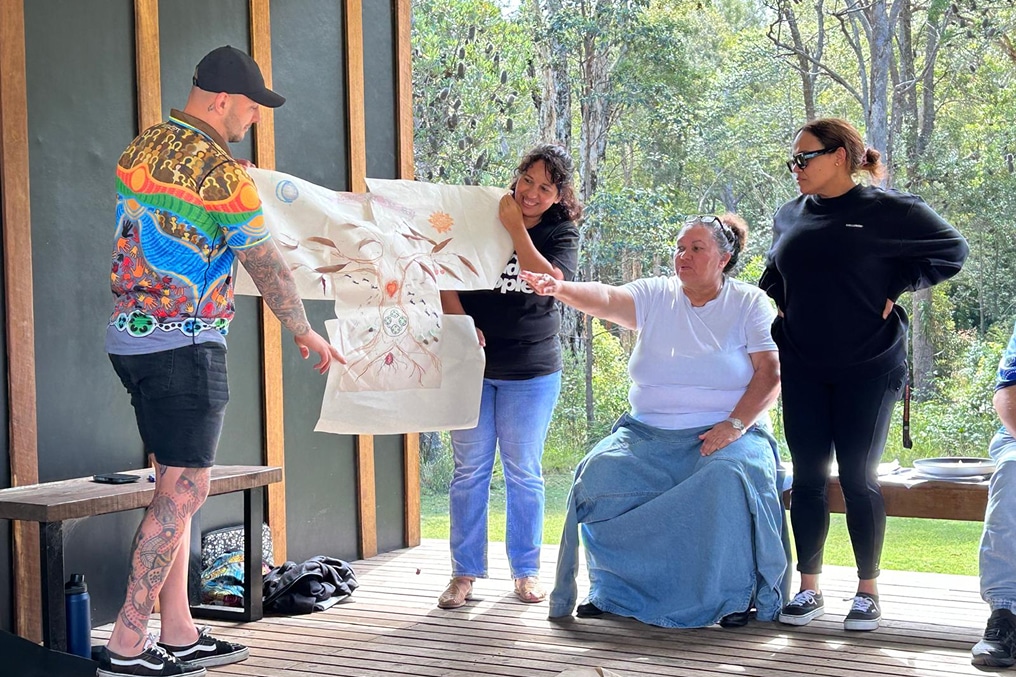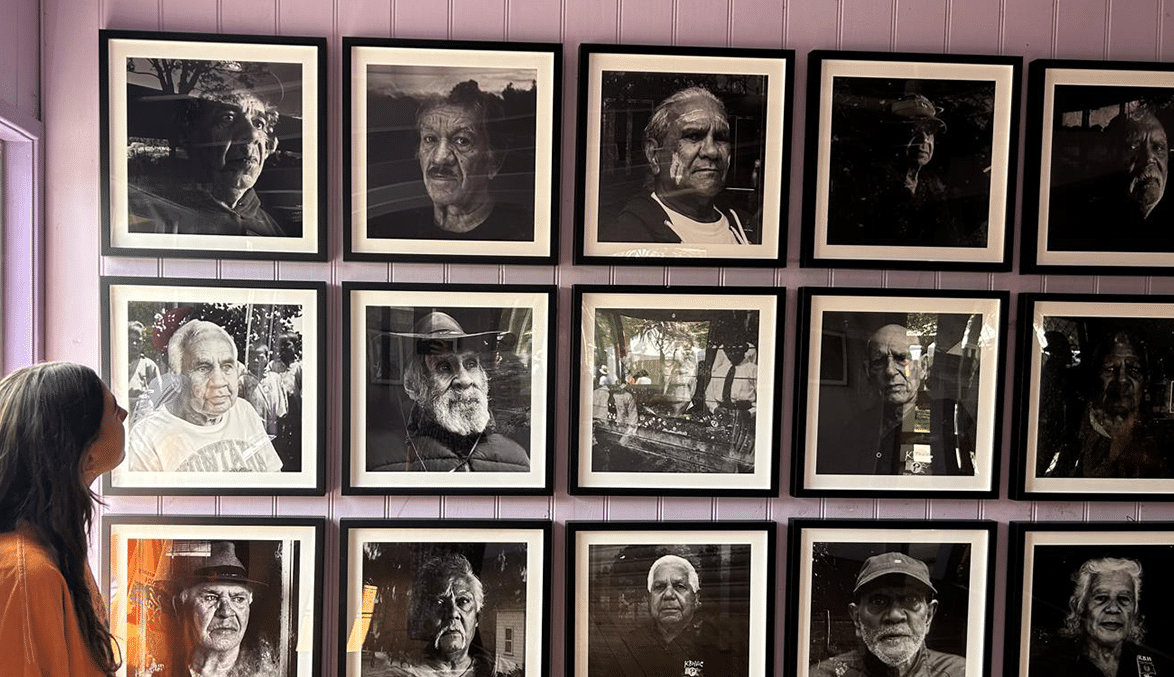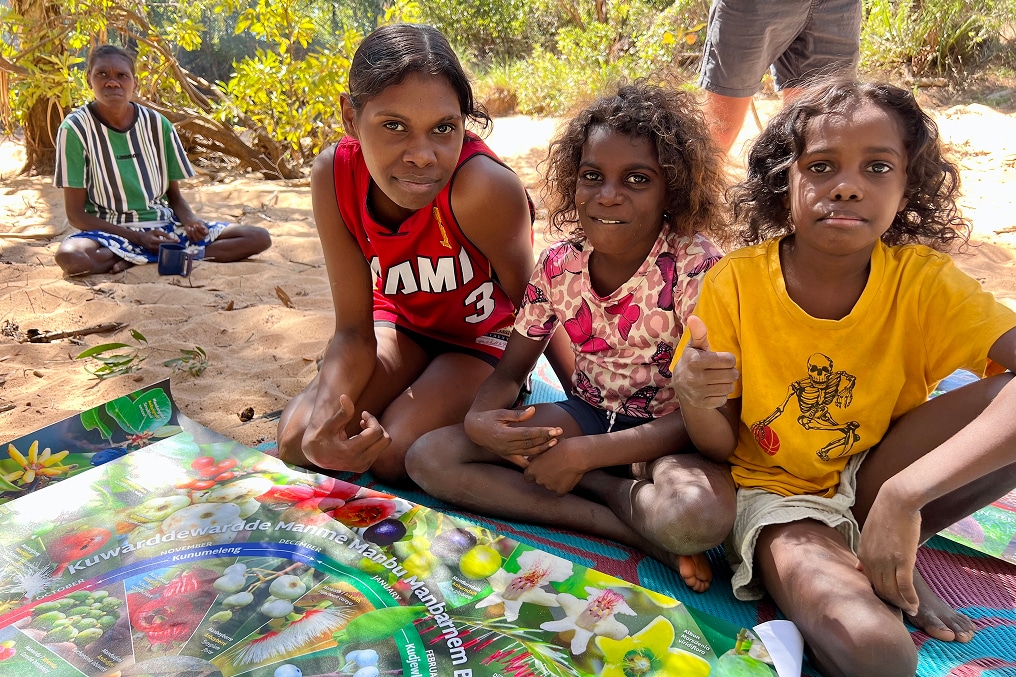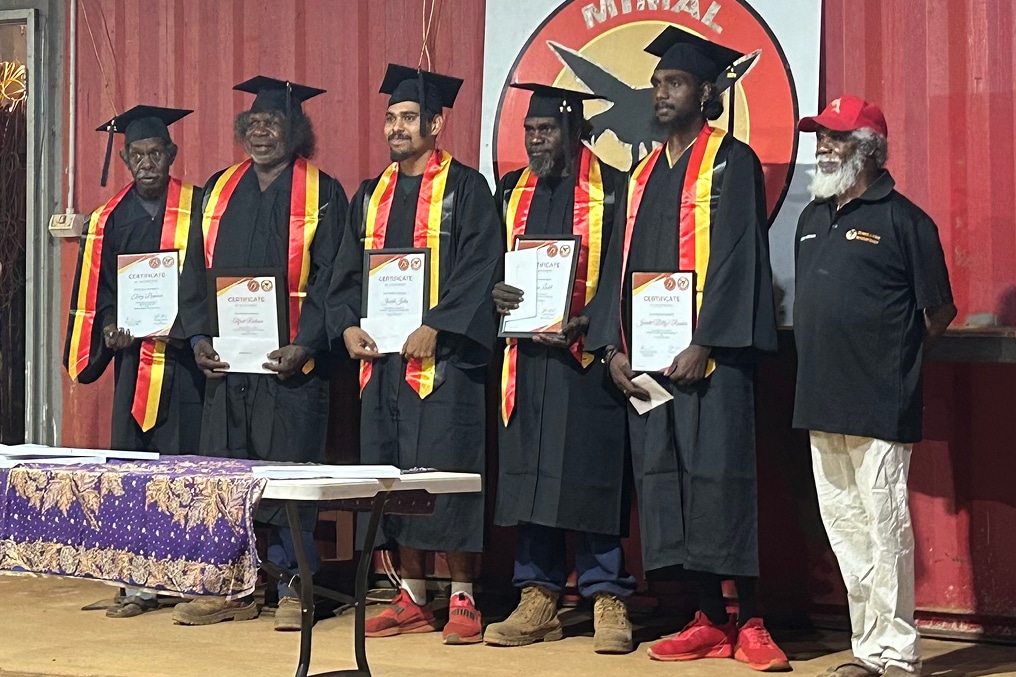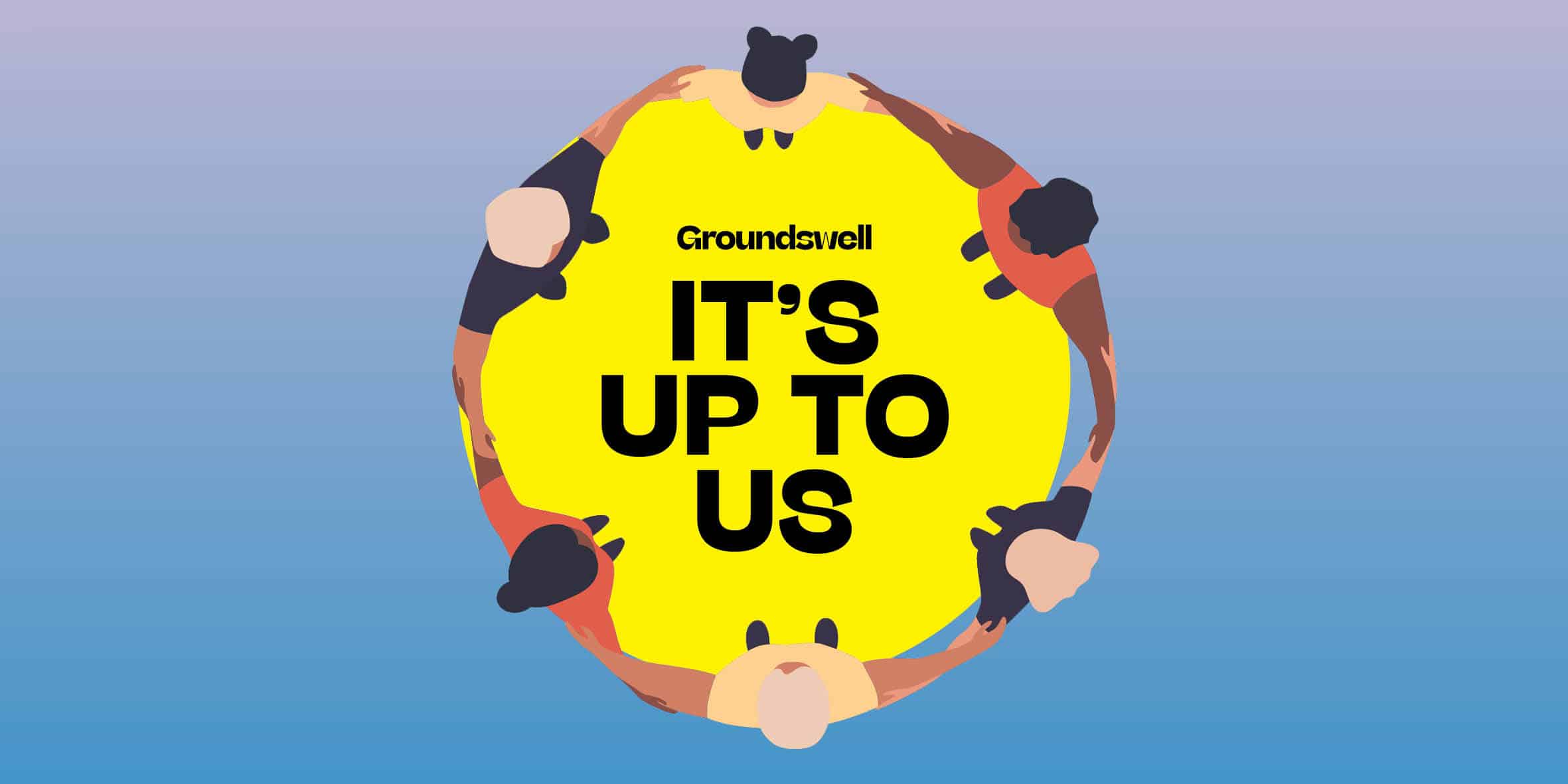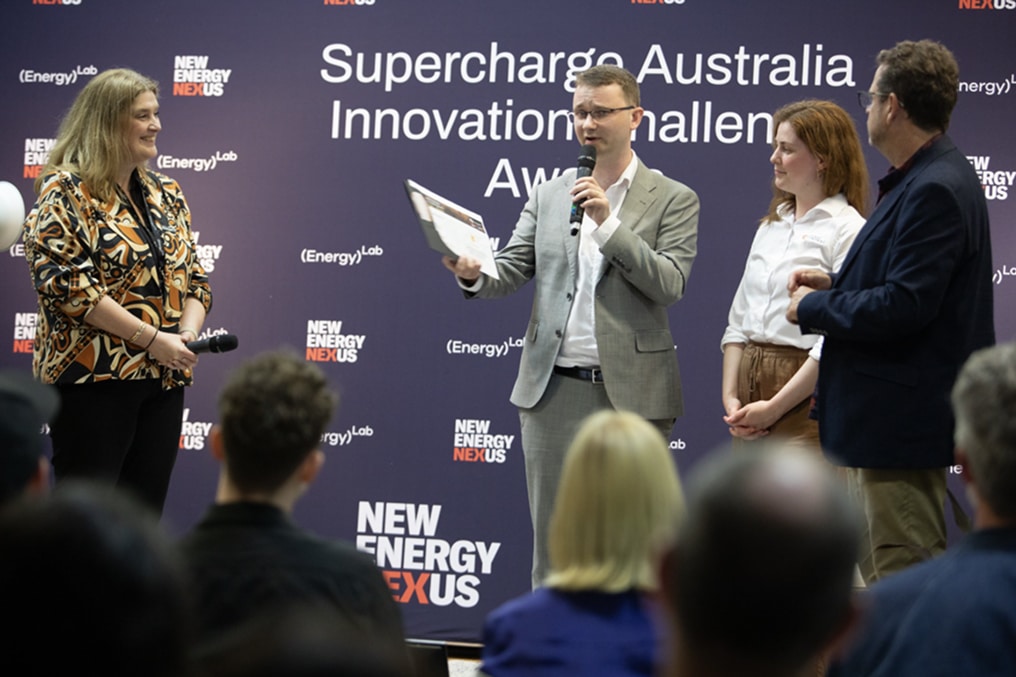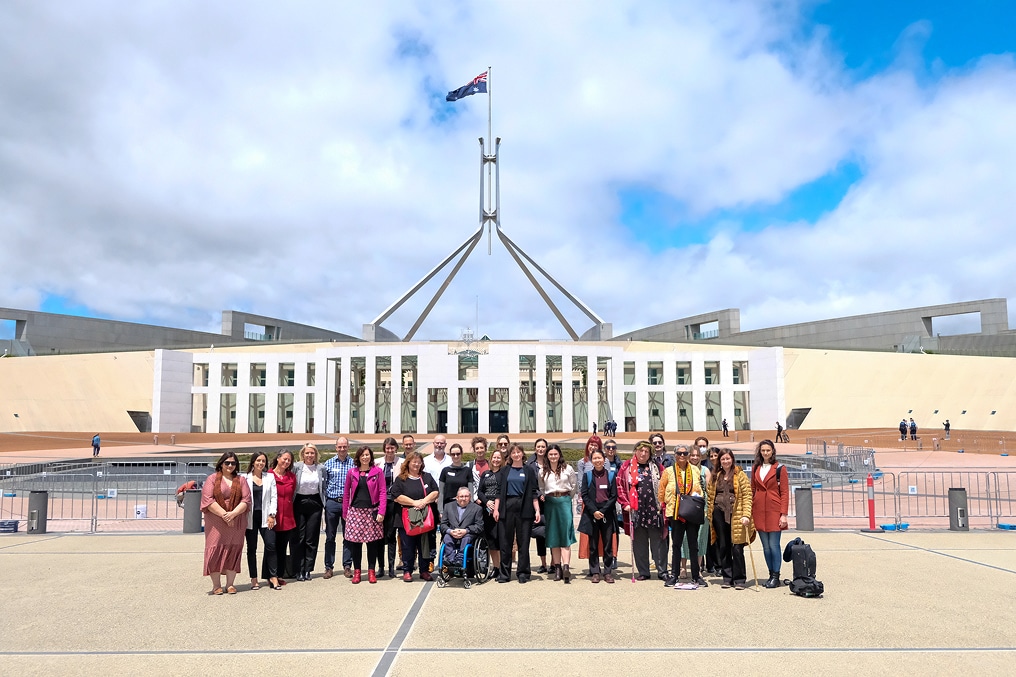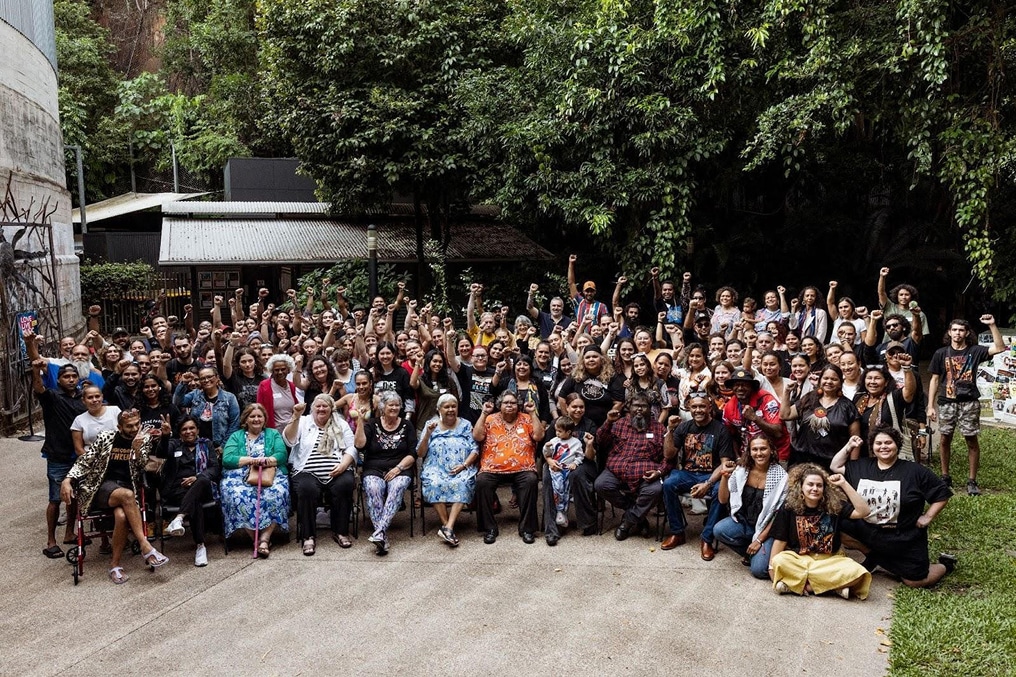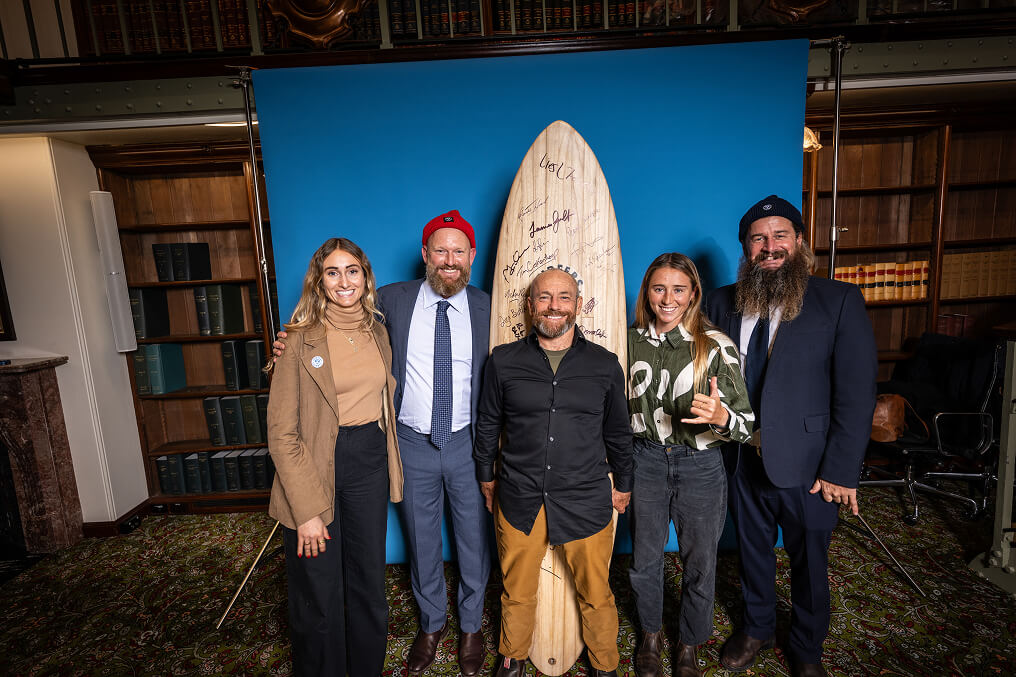There was an emerging human development industry that looked like it might eclipse the 19th century model of education that had continued to dominate our lives throughout the 20th century. The human development industry was (and still is) the fastest growing employment sector, as the “knowledge economy” began to take root in the hearts, minds and pay checks of millions worldwide.
At that time a lot of education departments had developed 2010 vision statements, using futurist techniques to extrapolate from current trends and make projections as to what the world would need from workers when our youngest students grew up and graduated. Employers were asserting that they needed workers who were self-starters, team-players and innovators, not just neat writers who could add up and take away. The workers of 2010 would have portfolio careers, changing jobs and skill-sets several times during their lives and retraining constantly. It was predicted that the majority of jobs people were doing in 2000, including teaching, would no longer exist in the same form by the end of the decade.
These statements were both exciting and scary. Teaching was set to become as out-dated as blacksmithing. Instead we would be “learning mentors” or “learning managers”, while schools would no longer be schools but “learning centres”. It was predicted that technologies would soon exist to enable anybody to access learning from anywhere, effectively making the whole world a classroom and rendering teacher-centred instruction obsolete. A student could be running a physics experiment at a lab in Japan while camping at Uluru. Mentors would be accessed both remotely and in the new “learning centres” to address the four pillars of education identified by UNESCO – learning to be, learning to do, learning to know and learning to live together.
There was very little backlash from teachers, pundits and politicians over this, as the more conservative among us laughed off these technological projections as science fiction. This left a lot of space for forward-thinking teachers and researchers to innovate and implement new approaches from new tools, responding to changing environments and complex social dynamics. Innovative programs like the “New Basics” were being trialled, usually involving multi-disciplinary, student-led projects with real community audiences or applications. There was room at last for teachers actually to implement the top educational and cognitive research they recalled from their own university study and professional reading.
Unfortunately, this educational utopia never progressed beyond trials and vision statements, and today we find ourselves even more firmly entrenched in 19th century educational paradigms. It wasn’t the technology that failed us – in fact, it turned out the projected ICT innovations were underestimated. In the end, the event that enabled the turning back of the clock in western education was 9/11. There were suddenly bigger things to worry about when those twin towers fell, and the future looked not-quite-so-bright. People sought the reassurance of simplicity, and a concerted campaign of fear left the majority wanting to be told what to do, rather than thinking independently. One by one UNESCO’s four pillars fell and the innovations and visions were demolished, abandoned.
Future-driven education reform was quickly driven underground. Critical thought was identified by conservative pundits as having French origins (remember, those evil French who wanted proof of WMD’s in Iraq?), and was dumped from the curriculum around the same time as French fries were rebadged “freedom fries”. Programs like the New Basics were quickly replaced by programs with a distinctly old-basics flavour. In the years that followed, Australian education was increasingly modelled on the failing U.S. system. A huge new economic niche was forged by overseas consultants and program hawkers who carpet-bagged their way into our curricula with drills, testing and teacher-centred pedagogy. It was not quite the knowledge economy we had anticipated.
While many of us have struggled in the intervening years to reassert future-based reforms and authentic pedagogies, in the end we have failed to reproduce the impetus that came with the 2010 visions of the early noughties. We’re really tired now, and old. We’re so old, we remember Will Smith as the Fresh Prince of Bel-Air…
Are there any budding young human development industry professionals out there who are ready to step up and take what is theirs?
 From Guest Blogger – Dr Tyson Yunkaporta | The Aspiration Initiative Aboriginal Education Specialist
From Guest Blogger – Dr Tyson Yunkaporta | The Aspiration Initiative Aboriginal Education Specialist
Tyson Kaawoppa Yunkaporta is a Bama of Nunga and Koori descent with cultural ties to Mardi mobs in Western NSW. With an accomplished career in both mainstream and Aboriginal community contexts, Tyson has worked in K-12 classrooms, as a university lecturer, as a senior executive officer in the Department of Education and as an Aboriginal pedagogy mentor. In 2009, Tyson completed his PhD in Education at James Cook University, where he was awarded the medal for excellence with his thesis titled “Aboriginal Pedagogies at the Cultural Interface.” As The Aspiration Initiative’s (TAI) Aboriginal Education Specialist, Tyson works on the overall development and structure of TAI’s pedagogy and curriculum. On camps, he takes on key roles in teaching and cultural facilitation, with both students and teachers. He continues to play a fundamental role in community relationship building and consultation.

